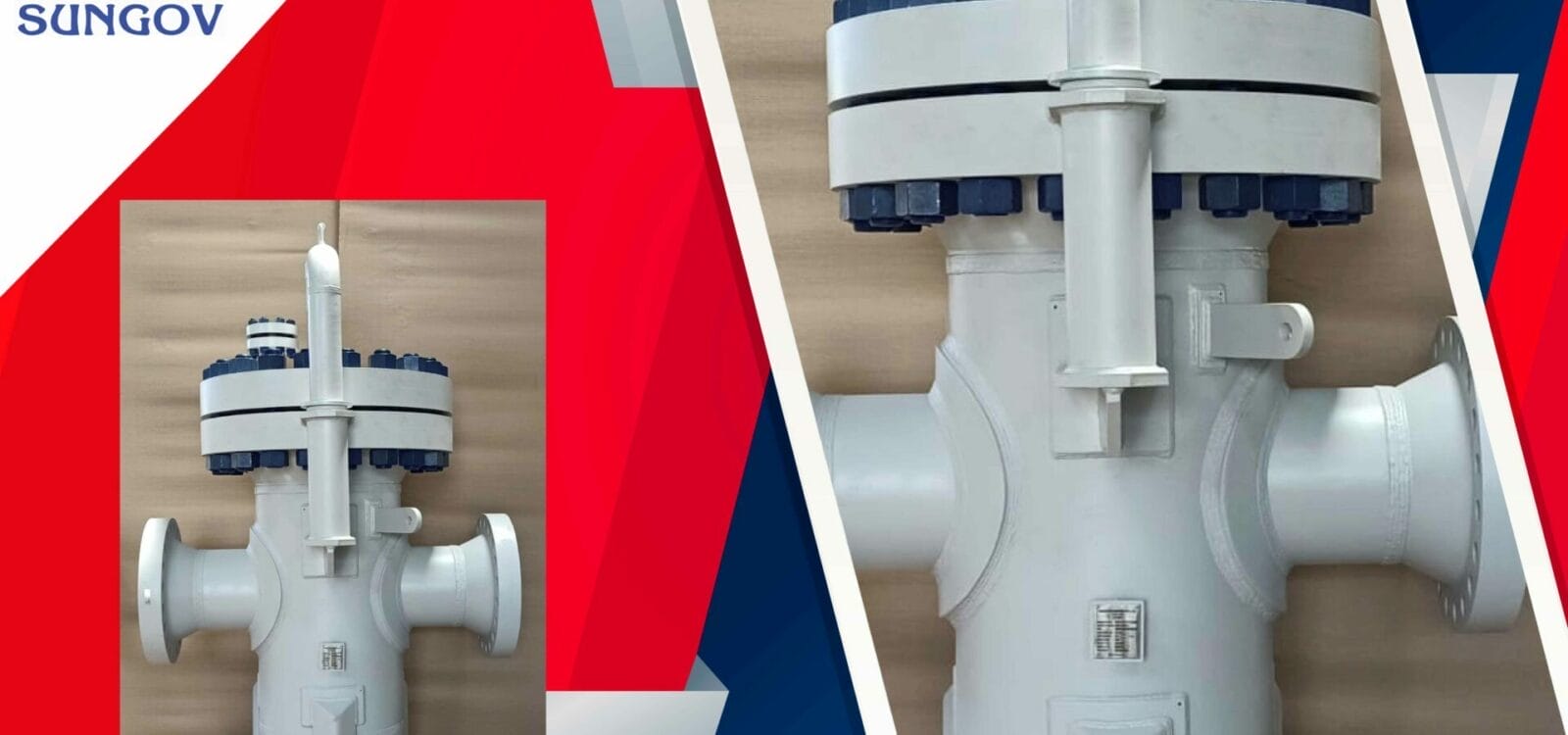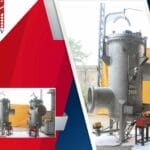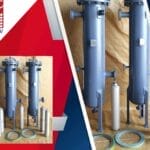Industrial processes often rely on various filtration systems to maintain efficiency and quality. Among these, basket filters stand out as crucial components for removing impurities and ensuring smooth operations. Whether it’s a simplex or duplex basket strainer, proper maintenance is essential to uphold optimal performance and prolong the lifespan of these vital filtration units. In this blog, we’ll understand the key tips for maintaining industrial basket filters, covering everything from routine cleaning procedures to proactive measures for preventing clogs and breakdowns. Let’s explore how diligent maintenance practices can contribute to smoother operations and cost savings for industries relying on these essential filtration systems.
What Are Industrial Basket Strainers and What Is The Difference Between Simplex And Duplex Basket Strainers
Industrial basket strainer/filter systems play a vital role in various industrial processes by removing solid particles and impurities from fluids to maintain equipment efficiency and product quality. These systems consist of a cylindrical housing containing a perforated or mesh basket element that traps debris as fluid flows through it. One key differentiator within basket strainer/filter systems is the distinction between simplex and duplex configurations.
A simplex basket strainer/filter consists of a single basket chamber, making it suitable for applications where occasional shutdowns for cleaning or maintenance are feasible. In contrast, a duplex basket strainer/filter incorporates two parallel basket chambers with a diverter valve. This allows continuous operation even during maintenance by diverting flow from one chamber to the other. This duplex design is ideal for applications requiring uninterrupted filtration, minimizing downtime and maximizing efficiency. Both simplex and duplex basket strainers/filters play critical roles in industrial filtration systems, offering flexibility and reliability tailored to specific operational needs.
What is the Importance of Proper Maintenance of Basket Filters for their Optimal Performance?
The importance of proper maintenance of basket filters cannot be overstated when it comes to ensuring their optimal performance. First and foremost, regular maintenance helps to prevent the accumulation of debris and contaminants within the filter basket, which can lead to clogging and decreased filtration efficiency over time. By keeping the filter clean and free from blockages, proper maintenance ensures consistent flow rates and pressure levels, thereby maintaining the desired performance of the filtration system.
In addition to this, regular maintenance can also help to identify and address any issues or wear and tear on the filter components before they escalate into more significant problems. This proactive approach can help to prevent unexpected breakdowns and downtime, saving both time and money for industrial operations.
Proper maintenance of basket filters can prolong their lifespan, maximizing the return on investment for the filtration equipment. By conducting routine inspections, cleaning, and replacing worn parts as needed, industrial facilities can extend the longevity of their basket filters and avoid the need for premature replacements.
What Is The Step-By-Step Guide To Cleaning Basket Filters?
As discussed previously, cleaning basket filters is essential for maintaining their optimal performance and prolonging their lifespan. We have given you a step-by-step guide to effectively clean basket filters:
Safety Precautions: Before starting the cleaning process, ensure that the system is safely shut down and isolated from any fluid flow. Wear appropriate personal protective equipment, such as gloves and eye protection, to prevent injury.
Accessing the Basket: Depending on the design of the basket filter, you may need to remove a cover or lid to access the filter basket. Follow the manufacturer’s instructions for proper disassembly to avoid damaging the equipment.
Removing the Basket: Carefully lift the filter basket out of the housing, taking care not to spill any accumulated debris. If the basket is heavy or difficult to remove, use appropriate lifting equipment or assistance to avoid strain.
Disposal of Debris: Dispose of the accumulated debris and contaminants in a designated waste container. Be mindful of any hazardous materials and follow proper disposal procedures in compliance with regulations.
Cleaning the Basket: Thoroughly clean the basket using a suitable cleaning agent or solvent recommended by the manufacturer. Scrub the basket gently with a brush to remove any stubborn deposits or residues. Rinse the basket with clean water to ensure all contaminants are removed.
Inspecting Basket Components: While cleaning, inspect the basket and its components for signs of damage, wear, or corrosion. Pay attention to any bent or broken wires, tears in the mesh, or deterioration of materials. Replace any damaged parts as necessary to maintain the integrity of the filter.
Cleaning the Housing: While the filter basket is removed, take the opportunity to clean the interior of the housing or chamber where the basket sits. Remove any debris or buildup using a brush or vacuum cleaner to ensure optimal flow conditions.
Reassembly: Once the basket and housing are clean and dry, reassemble the filter components according to the manufacturer’s instructions. Ensure that all seals, gaskets, and fasteners are properly in place to prevent leaks or bypass.
Testing: Before returning the filter to service, perform a test run to ensure that the system is functioning correctly. Check for any leaks, abnormal pressure readings, or other signs of malfunction.
Documentation: Keep a record of the cleaning procedure, including the date, time, and any observations or findings. This documentation can help track maintenance activities and identify any recurring issues that may require further attention.
Proper maintenance of basket filters is indispensable for ensuring their optimal performance and longevity in industrial settings. By adhering to a systematic cleaning regimen, conducting routine inspections, and promptly addressing any issues, industrial facilities can mitigate the risk of clogging, minimize downtime, and maximize the efficiency of their filtration systems. Furthermore, proactive maintenance practices not only contribute to cost savings by extending the lifespan of basket filters but also uphold the integrity of downstream equipment and processes, ultimately enhancing overall operational efficiency. By recognizing the importance of maintenance and implementing the steps outlined in this guide, industrial operators can safeguard their investments and ensure uninterrupted filtration performance, thereby supporting the seamless operation of critical processes.




